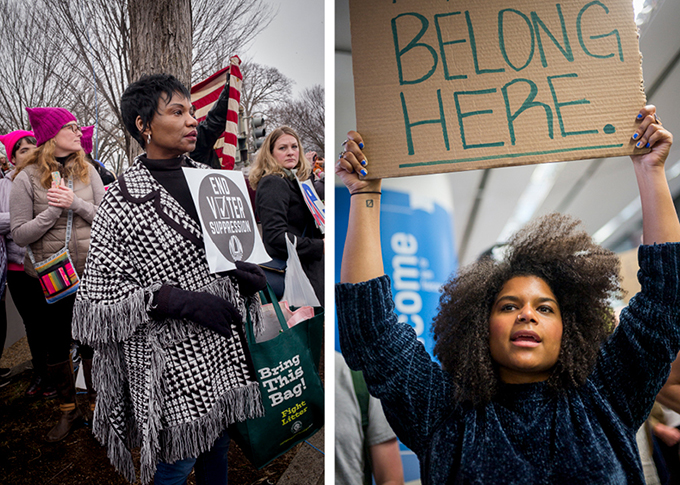We Shall Overcome
By Mike Miller

I haven’t read anything in a long time as important as Crispin Sartwell’s “Can Jelly Roll Heal the Broken Soul of America”. Here are excerpts:
“Jelly Roll is a recovering addict whose life has been riddled by drug-related loss…
From: “Can Jelly Roll Heal the Broken Soul of America? New York Times. July 23, 2023.
He openly swears, drinks, smokes weed and has a history of criminal convictions and substance-abuse problems.
He hasn’t become a star in spite of those things, but because of them. And that popularity is as revealing about the condition of the American soul as it is about the artist himself…
[He sings] with a gospel-and-rap-inflected brand of country that plumbs the depths of addiction, regret, grief and helplessness…
[T]he show [is] “a 12-step meeting, a revival, and a party all at once.”…
In a country riddled with crises — the opioid epidemic, mass incarceration, the mental health crisis and gun violence among them — Jelly Roll’s music is an expression not just of musical tastes, but also of a desperate national hunger for healing and recovery…
Even as I struggle from day to day, it’s good to know I’m not the only one still desperate for reconciliation and connection.”
To those lines, he could have added the other cultural, economic, political and social issues of our day.
From childhood memories, I think the late 1930s American Communist Party through World War II–marred deeply by support of the Hitler-Stalin Pact and sectarianism in relation to the rest of “the left”– may have captured what Sartwell and Jelly Roll are talking about: a crisis of the spirit.
During my lifetime, the early student movement at UC Berkeley, in the campus political party “SLATE” (I was first chairman), the United Farm Workers of America (I was co-director of its Schenley Liquor Boycott) and the Student Nonviolent Coordinating Committee—“Snick” (I was a full-time “field secretary” from early 1963-end of 1966), each expressed a spirit that touched the soul.
In several-day marathon-long staff meetings, more than a hundred Snick field secretaries engaged in intense debates that threatened to divide the organization. In the wee-small-hours of the morning, when reconciliation seemed impossible, one of us who was Black would rise and start singing “We Shall Overcome.” We would all get in a circle, cross our arms, hold the hand of the persons on each side of us and, slightly rocking side-to-side, and join in the singing. We realized there was something bigger in what we were doing than any single issue that faced us. Until the mid-1960s, that spirit governed Snick’s operation.
I see hopes for a renewal of that spirit in much of the new labor organizing bubbling up from the bottom at Amazon, Starbucks, Trader Joe’s, and other workplaces, and the Teamster Union preparation with its membership for UPS negotiations.
I see it in some of the community organizing now taking place in the country.
I see it in some of the electoral campaigns waged by “progressives” and other reformers.
I see it in the campaigns against climate pollution, racism, sexism and others.
The crisis of the spirit prompted by endless greed and vast inequality of wealth, status and power, war, looming environmental disaster, and hostility to and discrimination against “The Other” shall be overcome–
Or we will die as a nation.
…